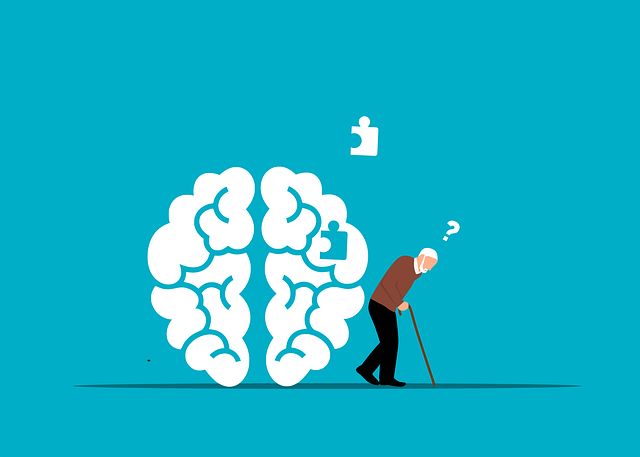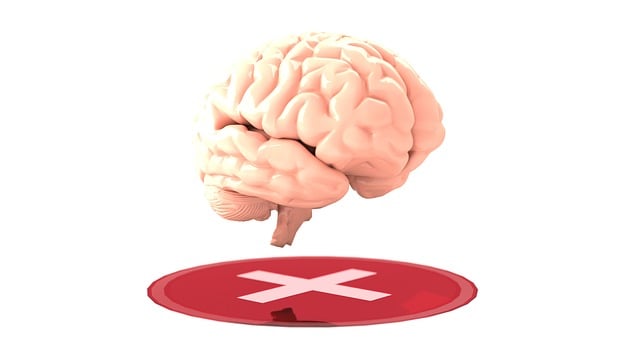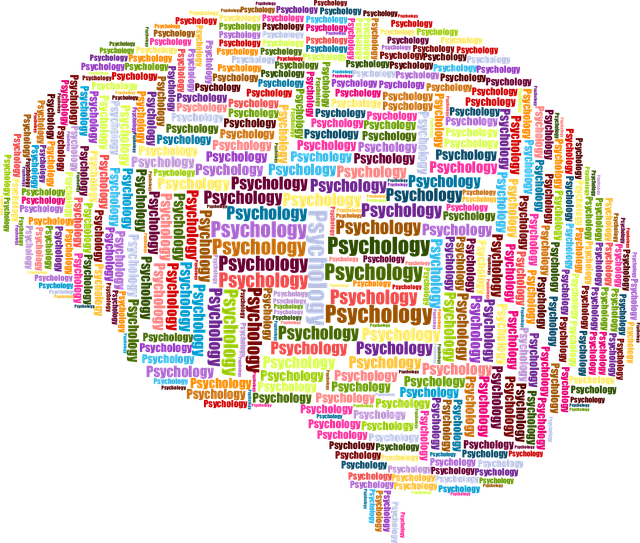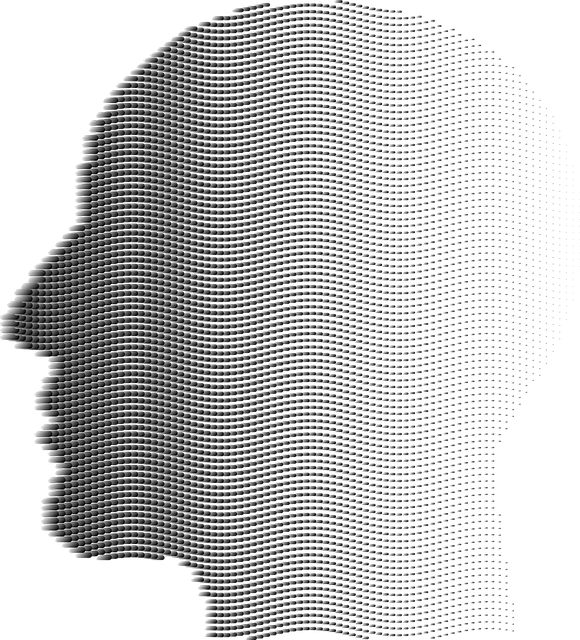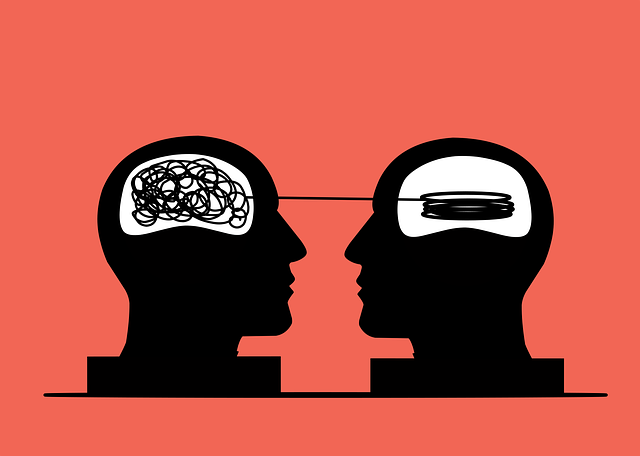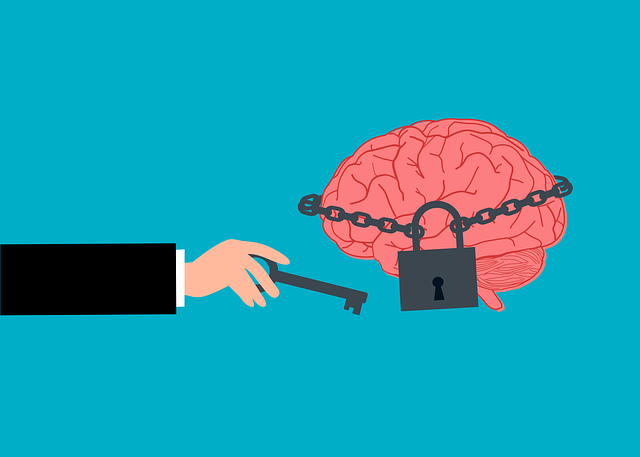The media's portrayal of mental illness, especially ADHD, significantly impacts public perception and access to help. Current representations often reinforce stereotypes, missing the diversity of symptoms. Organizations like Aurora offer crucial services, such as ADD-ADHD evaluations and therapy, to promote accurate mental health depictions, reduce stigma, and foster empathy. By employing advanced assessment tools, evidence-based practices, and cultural sensitivity, Aurora contributes to nuanced narratives that enhance understanding of mental wellness, encouraging a more compassionate society.
In today’s media landscape, accurate representation of mental illness is more crucial than ever. This article delves into the current state of mental health portrayal, highlighting prevalent challenges and their impact on society. We explore an innovative solution: Aurora ADD-ADHD Evaluations, a method enhancing authenticity in media. Additionally, we discuss the power of therapy as a catalyst for positive change, empowering viewers and challenging stigma. By examining these aspects, we aim to foster more empathetic and informed perspectives on mental health.
- Understanding Mental Illness Representation in Media: The Current State
- Aurora ADD-ADHD Evaluations: A Novel Approach to Accurate Portrayal
- Therapy as a Catalyst for Positive Change: Empowering Viewers and Challenging Stigma
Understanding Mental Illness Representation in Media: The Current State

The current state of mental illness representation in media is a complex and evolving narrative. Despite increasing awareness about mental health, popular media often perpetuates stereotypes and inaccuracies surrounding various conditions, including Attention-Deficit/Hyperactivity Disorder (ADHD). This can significantly impact public understanding and the way individuals perceive their own experiences or seek help. Many portrayals of ADHD in media, for instance, focus on hyperactive symptoms without adequately addressing the diverse manifestations of the disorder, such as the ‘inattentive’ type. Such one-dimensional representations may discourage individuals from seeking diagnosis and treatment, as they might not recognize themselves in these simplistic portrayals.
The challenge lies in presenting mental illnesses authentically and with nuance. Media has a powerful influence on shaping societal attitudes, and when portrayed accurately, it can foster empathy and reduce stigma. This is where initiatives like Aurora’s ADD-ADHD evaluations and therapy services play a crucial role. By providing guidance and resources for accurate representation, they contribute to the development of more complex narratives that reflect the real experiences of individuals living with mental health conditions. Additionally, promoting emotional well-being through journaling exercises and exploring cultural sensitivity in mental healthcare practice can further enhance these representations, ensuring a more comprehensive understanding of mental wellness.
Aurora ADD-ADHD Evaluations: A Novel Approach to Accurate Portrayal

In recent years, there has been a growing emphasis on accurate representation of mental health conditions in media, particularly focusing on neurodiverse disorders like Attention Deficit Hyperactivity Disorder (ADHD). Aurora ADD-ADHD Evaluations emerge as a novel and innovative approach to this challenge. By employing advanced assessment tools and evidence-based practices, this methodology ensures more precise and nuanced portrayals of ADHD in various media forms. This is crucial for fostering public understanding and reducing the stigmatization often associated with mental illness.
The process involves comprehensive evaluations that go beyond traditional diagnostic criteria, delving into the complex interplay between cognitive functions, emotional responses, and environmental factors. These evaluations not only facilitate more realistic character development but also encourage the implementation of effective communication strategies. By integrating insights from resilience-building techniques and burnout prevention strategies for healthcare providers, media creators can craft stories that resonate with both audiences and individuals living with ADHD.
Therapy as a Catalyst for Positive Change: Empowering Viewers and Challenging Stigma

Therapy serves as a powerful catalyst for positive change, especially when represented accurately in media. By showcasing individuals with mental health conditions undergoing therapy and recovering, media can empower viewers and challenge the stigma surrounding mental illness. The portrayal of therapeutic processes, such as Aurora ADD-ADHD evaluations and personalized therapy sessions, can offer valuable insights into effective treatment methods. This representation encourages viewers to view mental illness as a manageable condition rather than an insurmountable barrier.
Moreover, media has the potential to facilitate crisis intervention guidance and coping skills development by presenting realistic scenarios where characters learn stress management techniques. It can inspire viewers to seek professional help or support their loved ones in navigating mental health challenges. By normalizing therapy and highlighting its benefits, media contributes significantly to reducing stigma and fostering a more compassionate society.
In addressing mental illness representation in media, the current landscape reveals both challenges and opportunities. Through novel approaches like the Aurora ADD-ADHD evaluations, we can move towards more accurate and nuanced portrayals. Leveraging therapy as a catalyst for positive change, media can empower viewers and challenge stigma, fostering understanding and empathy. By integrating these strategies, media has the potential to revolutionize how mental health is perceived and discussed, ultimately contributing to a healthier society.
